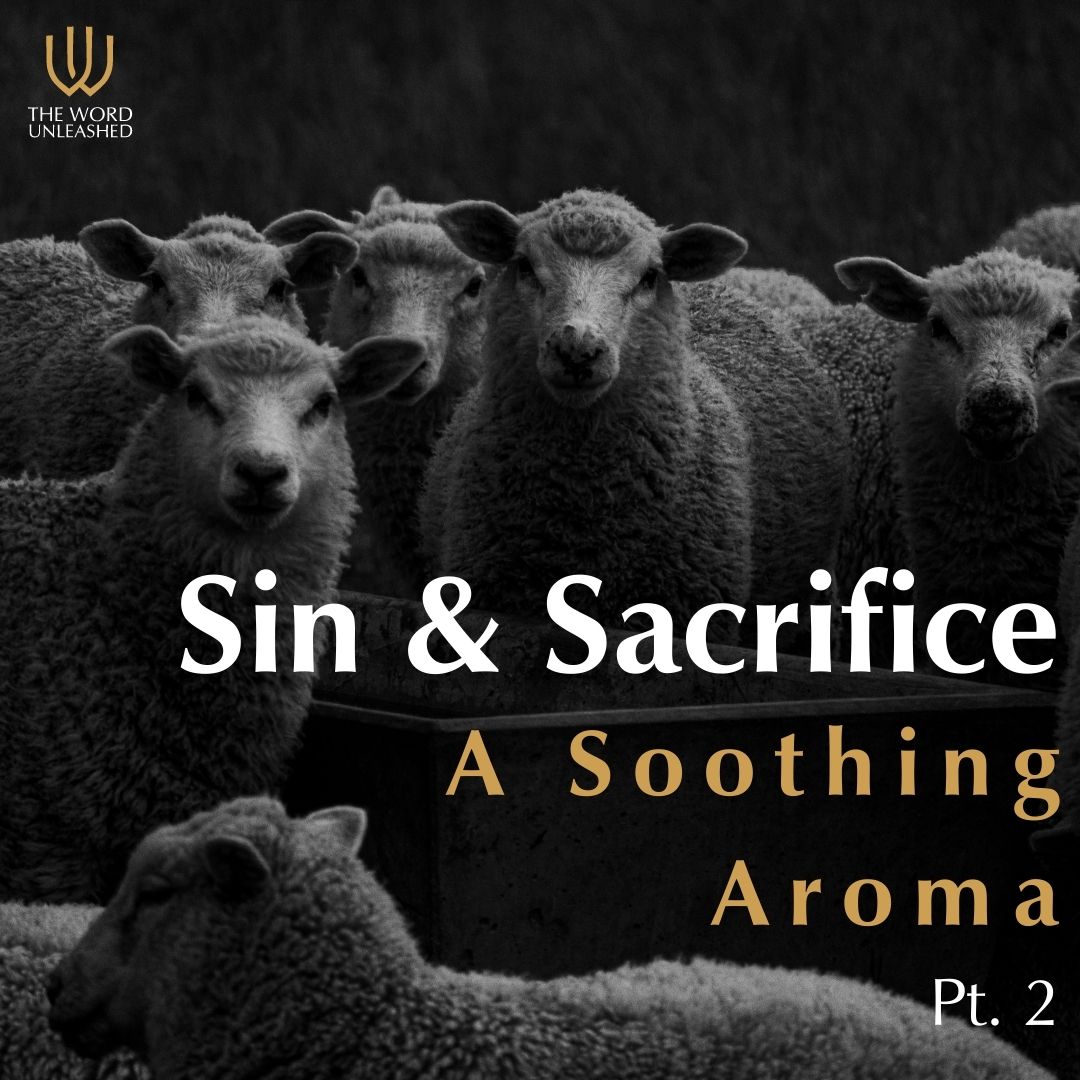
As we continue to work through Hebrews 10, the author informs us why Jesus’ sacrifice was the ultimate sacrifice, and he does so by contrasting it with the sacrifice that was made on the annual Day of Atonement (Lev. 16). For the nation of Israel, the Day of Atonement was the day when the people’s sins were atoned for. That particular day was considered by Jewish people to be the ultimate sacrifice out of their entire sacrificial system. So, the writer of Hebrews endeavors to compare Jesus’s sacrifice with that great sacrifice on the Day of Atonement.
First, Hebrews 10:1–4 reveals that Jesus’ death on the cross was the ultimate sacrifice because it was completely satisfactory. Foundational to understanding the Old Testament sacrificial system is the fact that the required sacrifice was always for God and not for the worshipper.
Leviticus 1:9, “Its entrails, however, and its legs he shall wash with water. And the priest shall offer up in smoke all of it on the altar for a burnt offering, an offering by fire of a soothing aroma to the Lord.”
When Moses speaks of the burnt offerings he says it will be “a soothing aroma to the Lord,” which literally means a smell that satisfies or an aroma that calms and soothes. That expression is often found in the Old Testament when human sin is forgiven (Lev. 4:31) and for Israel’s national sacrifices (Num. 28–29). In fact, that same expression occurs forty-two times in the Old Testament in conjunction with instructions for sacrifice.
Leviticus 4:31, “Then he shall remove all its fat, just as the fat was removed from the sacrifice of peace offerings; and the priest shall offer it up in smoke on the altar for a soothing aroma to the Lord. Thus the priest shall make atonement for him, and he will be forgiven.”
Even prior to the levitical system the Scripture speaks of sacrifice. After the worldwide flood in Genesis 6–8, you see the same principle of animal sacrifices soothing the justice of God against human sin. Genesis 8:20 says, “Noah built an altar to the LORD, took of every clean animal and … every clean bird and offered burnt offerings on the altar. The LORD smelled the soothing aroma; and the LORD said to Himself, “I will never again curse the ground on account of man, for the intent of man’s heart is evil from his youth; and I will never again destroy every living thing, as I have done.”
It is a terrifying thought to know our sin greatly offends God our Creator. Those sins that we sometimes write off and take lightly, truly offend God! But don’t picture God as someone who loses His temper and blows up capriciously for no reason. Instead, we see a righteous God displaying a pure and holy response to rebellion against His rule.
According to Scripture, that holy response of God must be propitiated. The word propitiated essentially means it must be satisfied. In other words, God’s justice demands that every sin be punished, because no sin is able to pass by Him (Ex. 34:7; Num. 14:18). But thankfully, God set forth Christ as a propitiation for the sins of the world (Rom. 3:25–26; 1 John 2:2), and it was His sacrifice on the cross where God’s holy wrath against sin was satisfied.
The Apostle Paul understood this reality. He writes in Ephesians 5:2: “And walk in love, just as Christ also loved you and gave Himself up for us, an offering and a sacrifice to God as a fragrant aroma.”